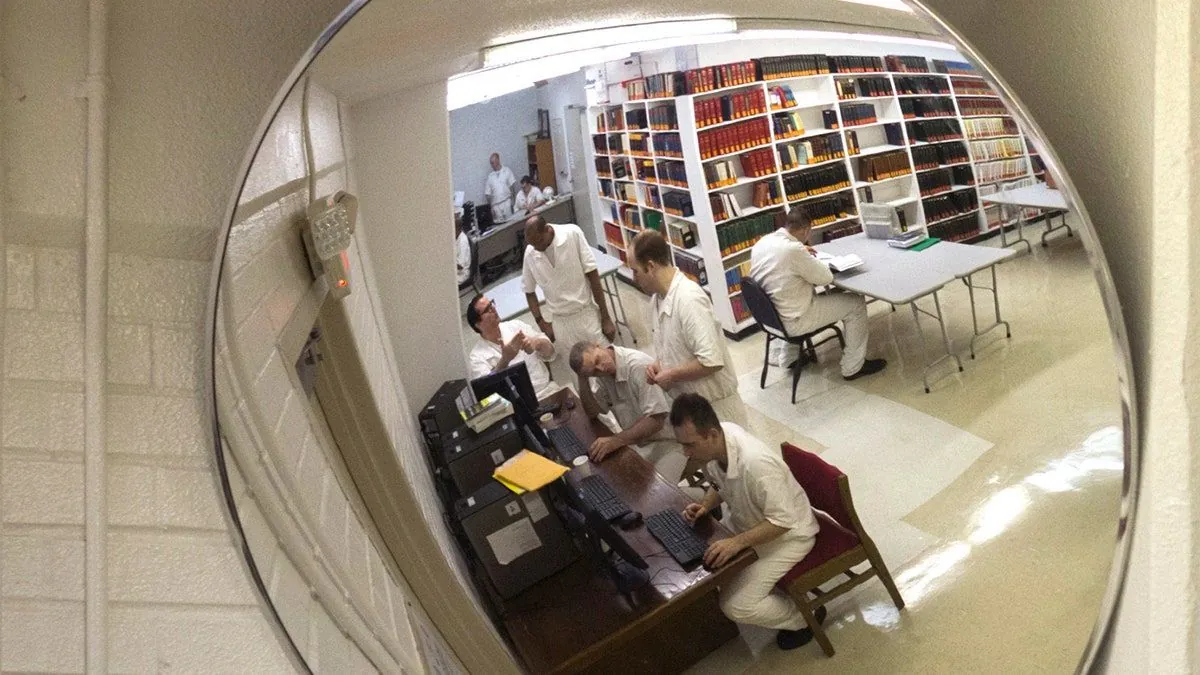John J. Lennon, a convicted murderer turned journalist, offers a unique perspective on judicial reform through his review of Judge Frederic Block's book "A Second Chance: A Federal Judge Decides Who Deserves It". Lennon's transformation from a drug dealer and murderer to a contributing editor at Esquire exemplifies the potential for rehabilitation within the prison system.
The review centers on Block's argument for extending the principles of the First Step Act to state courts. This 2018 legislation, signed by President Donald Trump, expanded federal judges' discretion in reducing harsh sentences. Notably, the Act broadened the use of compassionate release for federal prisoners under "extraordinary and compelling" circumstances.
Lennon highlights a crucial statistic: approximately 90% of incarcerated individuals in the United States are held in state prisons. This fact underscores the potential impact of extending similar reforms to state-level justice systems.
The book's structure, as described by Lennon, provides a comprehensive look at the complexities of sentencing and release decisions. Block examines six violent cases, including those involving a disgraced police officer, a child pornography offender, and several mafia members. Through these examples, the judge illustrates the nuanced considerations in determining who deserves a second chance.
Lennon offers personal insights from his experiences behind bars, including the story of his friend Ronnie "Bo" Petrino, a former mobster facing significant health issues while serving a lengthy sentence. This anecdote humanizes the abstract discussions of sentencing reform, highlighting the real-life consequences of judicial decisions.
The review touches on the concept of "second look" legislation, which allows judges to revisit original sentences. Some states have begun implementing such laws, often with specific eligibility criteria for groups like juveniles or military veterans. Lennon expresses hope for the passage of New York's proposed Second Look bill, which has been under consideration for three consecutive years.
"With hope comes restraint. When there's a real path to freedom, you're less likely to resort to violence. Penitentiaries become safer, not only for the employees who work there but also for the reforming gangsters and mobsters who live there."
This quote encapsulates a key argument for sentencing reform: the positive impact of hope on prisoner behavior and overall prison safety.
Lennon also critiques the influence of media on judicial decision-making, noting that even federal judges with lifetime appointments seem concerned about public perception of their rulings. He argues that judges should prioritize the potential positive outcomes of releasing reformed individuals over concerns about media criticism.
The review concludes by emphasizing the importance of second chances and the transformative power of hope within the prison system. Lennon's own journey from convict to critic serves as a testament to the potential for rehabilitation and the value of reconsidering harsh sentences.
As the debate on criminal justice reform continues, perspectives like Lennon's and Judge Block's contribute to a more nuanced understanding of the complexities involved in balancing punishment, rehabilitation, and public safety.
